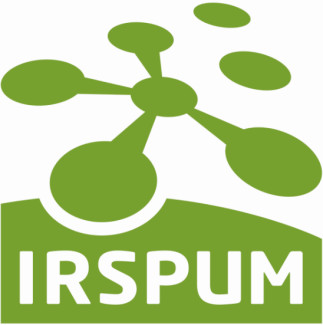Séminaire scientifique organisé par l'Institut de recherche en santé publique de l'Université de Montréal – IRSPUM
Consultez l'affiche du séminaire
Résumé :
Many environmental chemicals are well-studied in terms of their potential effects on reproductive and neurobehavioral outcomes, but immune outcomes have received considerably less attention. Animals studies demonstrate that these exposures can lead to immune suppression, which results in an increased risk of infection. To overcome some of the limitations inherent in measuring infection risk in human cohorts, antibody “responses” to scheduled childhood vaccinations have been a convenient endpoint with which to interrogate potential immunotoxicity in developmental studies of environmental exposures. This talk presents results from a birth cohort study in eastern Slovakia that examined several chemical exposures (PCBs, DDT, and PFASs) in relation to vaccine response at age 6 months. Particular attention will be paid to associations between these environmental exposures and antibody responses to BCG, the vaccination given to prevent tuberculosis.
Conférencier :
Dr. Todd Jusko, is an environmental epidemiologist and assistant professor at the University of Rochester School of Medicine and Dentistry in Rochester, NY. His research focuses on how environmental chemicals contribute to adverse immunological development over the entire lifespan. He is interested in the immune system as both a disease endpoint (e.g., asthma, lowered vaccine response, development of autoimmunity), and as a mechanism of susceptibility for other disease outcomes, such as neurobehavioral development. Dr. Jusko trained at the University of Washington and completed a postdoctoral fellowship in biomarker-based epidemiology at NIEHS, NIH.
Animation :
Marc-André Verner, professeur adjoint à l'École de santé publique de l'Université de Montréal et chercheur régulier à l'IRSPUM.

